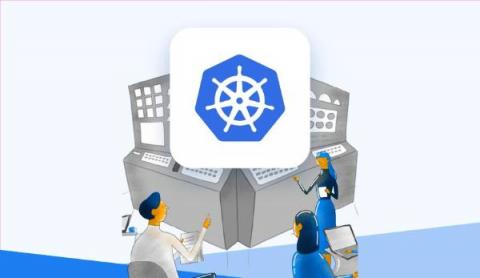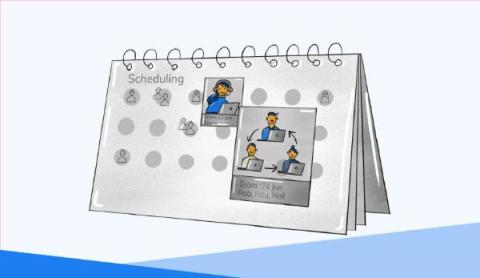Operations | Monitoring | ITSM | DevOps | Cloud
Latest Posts
AWS CloudTrail vs CloudWatch: Features & Instructions
Getting started with Squadcast's On-Call Scheduling
Prometheus Blackbox Exporter: Guide & Tutorial
Prometheus Sample Alert Rules
Prometheus is a robust monitoring and alerting system widely used in cloud-native and Kubernetes environments. One of the critical features of Prometheus is its ability to create and trigger alerts based on metrics it collects from various sources. Additionally, you can analyze and filter the metrics to develop: In this article, we look at Prometheus alert rules in detail. We cover alert template fields, the proper syntax for writing a rule, and several Prometheus sample alert rules you can use as is. Additionally, we also cover some challenges and best practices in Prometheus alert rule management and response.
Scaling Site Reliability Engineering Teams the Right Way
Most SRE teams eventually reach a point in their existence where they appear unable to meet all the demands placed upon them. This is when these teams may need to scale. However, it's important to understand that increasing team capacity is not the same as increasing the number of people on the team. Let's unpack what scaling a team is all about, what are the indicators, what are steps you can take, and how you know if you're done.







